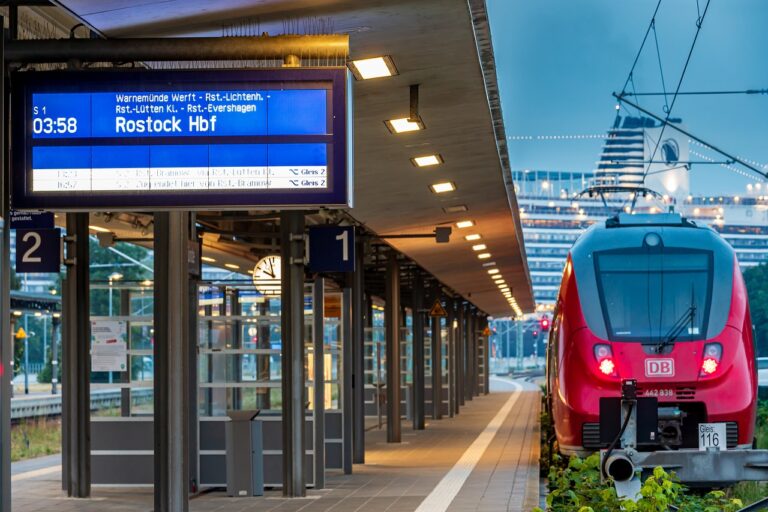Ethical Travel: Making Responsible Choices on Your Journeys
When visiting a new destination, it is crucial to remember that each culture is unique and deserves to be treated with respect. Taking the time to learn about local customs, traditions, and beliefs can help foster positive interactions with the community. By approaching encounters with an open mind and a willingness to engage in cultural exchanges, travelers can gain a deeper appreciation for the diversity of the world around them.
Respecting local cultures also involves being mindful of your behavior and how it may be perceived by members of the community. Small gestures such as dressing appropriately, speaking the local language when possible, and abiding by cultural norms can go a long way in showing respect for the traditions of the place you are visiting. Building mutual understanding and empathy through these actions can create meaningful connections and contribute to a more enriching travel experience for both visitors and locals alike.
• Dress appropriately for the local culture
• Make an effort to speak the local language
• Abide by cultural norms and customs
• Show respect through small gestures
By respecting local cultures, travelers can contribute to preserving traditions and fostering positive relationships with the communities they visit. Embracing diversity and engaging in meaningful cultural exchanges can lead to a more fulfilling travel experience that is both enriching and respectful of the unique heritage of each destination.
Supporting Local Communities
Local communities play a crucial role in the sustainable development of any region. When travelers visit a destination, they have the opportunity to contribute positively to the local economy by purchasing goods and services from local vendors. This direct support enhances the livelihoods of community members and encourages economic growth within the region.
Moreover, investing in local communities helps to preserve cultural traditions and heritage. By engaging with local artisans, musicians, and storytellers, travelers can immerse themselves in the unique traditions of the destination. This not only provides a richer experience for visitors but also generates pride and a sense of belonging among local residents.
Protecting Wildlife and Environment
Conservation efforts play a vital role in safeguarding the biodiversity of our planet. Preserving the natural habitats of wildlife is crucial to maintaining ecological balance and ensuring the survival of various species. By implementing strict regulations and enforcing anti-poaching measures, we can protect vulnerable ecosystems from further degradation. Through sustainable practices and responsible tourism, we can minimize our impact on the environment and promote the coexistence of wildlife and human populations.
Furthermore, fostering awareness and education about the importance of wildlife and environmental conservation is key to instilling a sense of responsibility among individuals and communities. Encouraging eco-friendly practices and promoting eco-tourism can help generate revenue that can be reinvested into conservation efforts. By collaborating with local communities and indigenous groups, we can develop strategies that prioritize the protection of wildlife and their habitats while respecting the cultural traditions and livelihoods of those who inhabit these areas.
Why is it important to respect local cultures when protecting wildlife and the environment?
Respecting local cultures is important because it helps foster positive relationships with the communities living in the area, leading to better cooperation and support for conservation efforts.
How can supporting local communities help in protecting wildlife and the environment?
Supporting local communities can lead to sustainable development practices that benefit both the people and the environment, creating a win-win situation for all stakeholders involved.
What are some ways to protect wildlife and the environment in a responsible manner?
Some ways to protect wildlife and the environment responsibly include following regulations and guidelines, promoting eco-friendly practices, and educating the public on the importance of conservation.
How can individuals contribute to protecting wildlife and the environment in their everyday lives?
Individuals can contribute by reducing their carbon footprint, supporting conservation organizations, participating in clean-up efforts, and spreading awareness about the importance of protecting wildlife and the environment.





